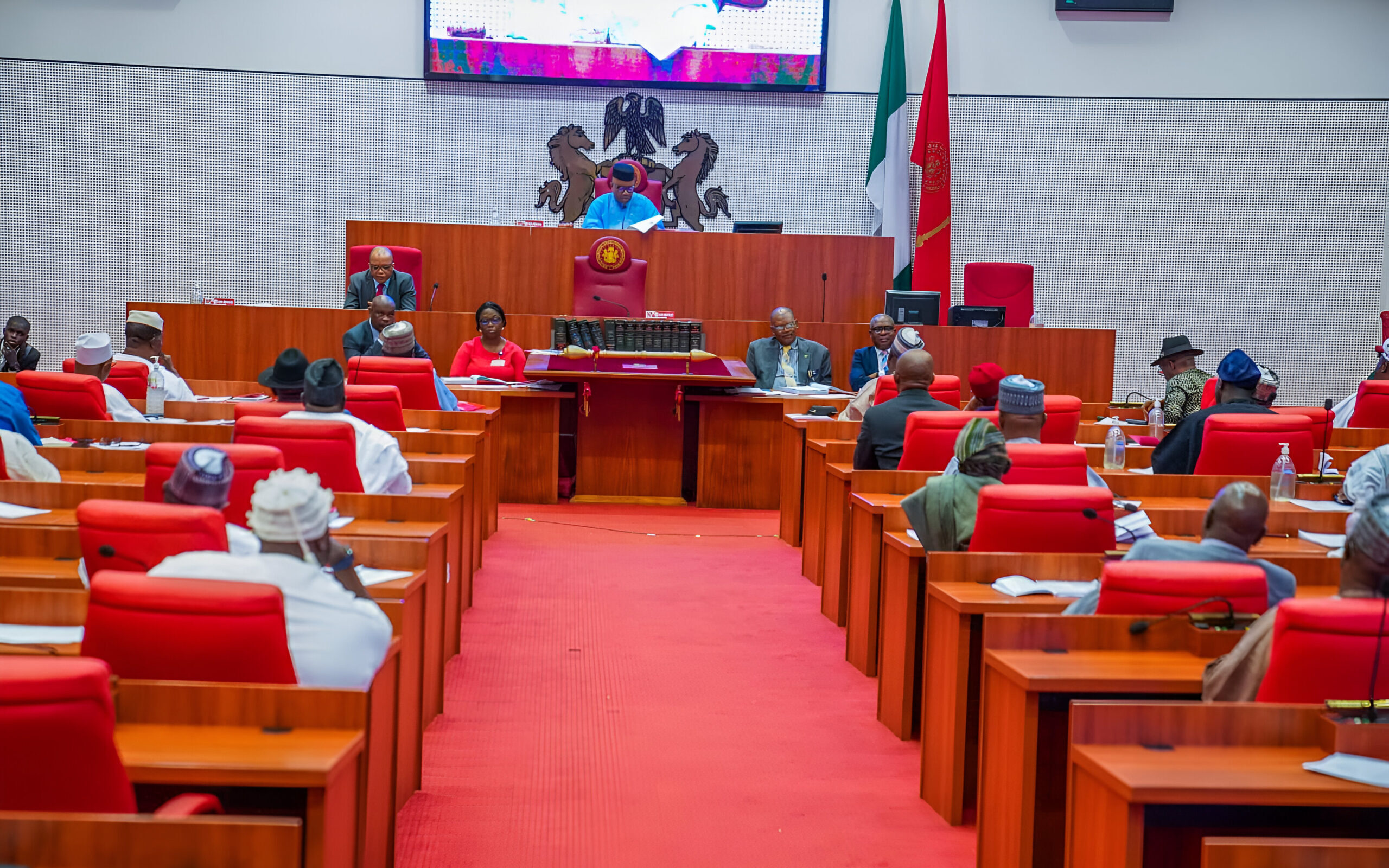On Wednesday, Deputy President of the Senate, Jibrin Barau, voiced strong opposition to a bill proposing the establishment of the National Animal Husbandry and Ranches Commission. The bill, sponsored by Senator Titus Tartenger Zam, aims to address issues related to animal husbandry and ranching in Nigeria.
Barau argued that the bill, if passed into law, would forcibly relocate Fulani herders to their states of origin. He contended that this would be impractical, as many herders may not know their ancestral origins. Barau emphasized that the bill breaches the 1999 Constitution of Nigeria, which guarantees the freedom of residence, asserting that no one should be compelled to live in a specific location.
Despite Barau’s passionate opposition, other Senators supported the bill. Barau highlighted his own positive experience living outside his place of origin, arguing that Fulani herders should similarly be allowed to reside wherever they choose in the country.
“There is a snag in this bill,” Barau stated. “You cannot stop any Nigerian from living in any area that he so wishes. The relevant section of the constitution has been read. For instance, Senator Natasha visited a Fulani settlement in her senatorial zone. Those people do not have any home except that place. They have been part and parcel of that society. Now, to tell them to move to their state of origin, where is their state of origin?”
Barau further noted that political leaders often represent areas outside their places of origin, citing examples of Senators and Representatives who have served constituencies different from their birthplaces.
“My friend Zam understands that this is not in consonance with our constitution,” Barau added. “Your bill is good. I like this bill, but this aspect should be removed. We should remove it. I advise my friend Senator Zam to stand this bill down for consultation and better drafting, so that it aligns with our constitution.”
Despite Barau’s objections, the majority of lawmakers supported the bill when Senate President Godswill Akpabio put it to a voice vote. The bill passed its second reading and was referred to the relevant committee for public hearing, marking a significant step forward in its legislative journey.




